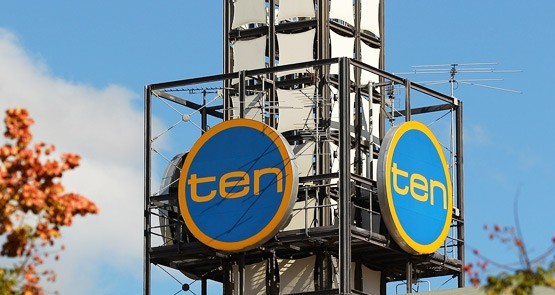
How long should retail shareholders be given to take up a share offer?
The Murdoch-Packer-Rinehart-controlled Ten Network Holdings set a new record last week when many small investors were only given three days to contemplate accepting an offer to participate in the company’s renounceable $76 million seven-for-37 entitlement offer at 15 cents.
Our household has two small holdings in Ten, and in both instances the 88-page offer document arrived last Monday, November 9, and we were given until close of business on Thursday, November 12, to take it up.
The law requires ASX-listed companies to give retail shareholders at least seven days but that is from the confirmation of postal despatch. We engaged with Ten about the lack of time given to retail shareholders, and company secretary Stephen Partington offered the following explanation:
“We have been in touch with Link Share Registries and also Citi regarding your concerns associated with the delivery of the entitlement offer documents.
“We note that our time frame for the despatch and close of the offer is greater than the minimum provided by the ASX and that our mailings were sent ‘priority paid’ to ensure timely processing.
“As you may appreciate, the timing of the offer period forms part of the overall timing for the completion of the Foxtel transaction.
“Whilst some enquiries have been received in terms of the delivery of the offer documents (due we suspect, at least in part, to the changes to the way in which Australia Post now sorts and delivers mail generally and also shareholder changes of address that have not been passed back to our share registry), we do not believe that it has caused major issues.
“We have also sought to ensure that all shareholders who have nominated email addresses to our share registrar, have received electronic notifications on two occasions as to the offer and the date for close.
“Given that it is our experience that shareholders are tending to use electronic means to take up their entitlements rather than sending cheques and completed paper forms, we believe that those shareholders who wish to take up the offer will have opportunity to do so.”
This is not the first time Ten has treated retail investors poorly. In 2009 it did a $138 million selective institutional placement to institutions and failed to offer a share purchase plan (SPP) to retail investors on the same terms.
In late 2012 it launched a heavily discounted pro-rata raising, but this was not renounceable, so the retail shareholders who didn’t participate were diluted with no compensation.
One of the biggest problems with capital raising in Australia is the way that the vast majority of retail shareholders usually choose not to participate, even if the offer is in the money. This is why you must fairly compensate all non-participants, but especially less sophisticated retail investors.
Companies are reluctant to confirm the problem as they usually only disclose retail participation in terms of dollars, rather than actual shareholders.
For instance, look at the way ANZ trumpeted the fact that retail investors had applied for $720 million worth of new shares in its recent $15,000 SPP at $26.50.
What ANZ didn’t say was that only about 70,000 of the bank’s 500,000-plus eligible shareholders bothered to take up the in-the-money discounted offer — the rest were diluted with no compensation.
This is why so-called PAITREO offers, which feature on-market rights trading for retail investors, plus an auction of the shortfall at the end, are so much fairer for retail shareholders.
Under the old regime, when retail offers took longer to complete and small investors were not offered a chance to sell their rights on-market, the evidence clearly showed that non-participating retail investors were receiving less compensation than the non-participating institutions who could sell out during an earlier shortfall auction launched at the same time as the whole capital-raising process.
As this list shows, there have now been 17 PAITREO offers launched, and before we see the final outcome from Santos and Westpac, when measuring the compensation paid to each class of shareholder, these have produced six wins for retail investors, five wins for institutions and four draws.
PAITREOs have now become the market standard and it is the minority of issuers like Macquarie Group, Slater & Gordon, Ten, TPG and ANZ that need to explain why they have gone with inferior options over the past 12 months.
The extremely tight time frame from Ten wouldn’t have been such a problem if retail investors had been given an opportunity to sell their entitlements on-market, as is standard with all PAITREOs.
Instead, Ten will shortly announce a larger-than-necessary retail shortfall, which further dilutes the ownership power of its long-suffering retail shareholders because it failed to embrace best practice when raising capital.








Apparently this item has most subscribers in such a state of shock they haven’t been able to respond?
Surely there are barely any retail shareholders left on Ten. Unless you like throwing money away I guess.
I held Ten shares briefly awaiting a revival that never happened. As a share investor I appreciate being informed about the practices of the powerful smarties who dud the ill informed mums and dads.
Norman just needs to say something negative without understand the import of the article, pity.